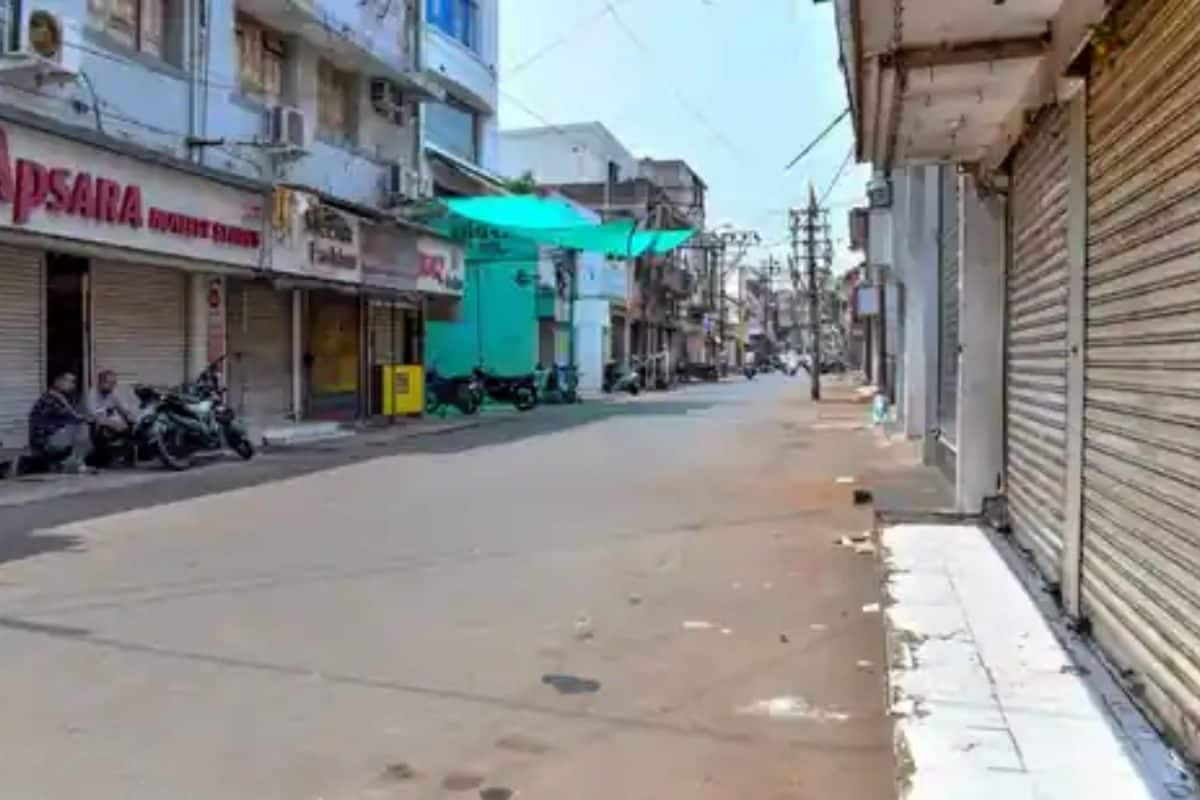A nationwide Bharat Bandh is underway today, July 9, 2025, with over 25 crore workers from various sectors participating in the strike. The Bharat Bandh has been called by a joint platform of 10 central trade unions, in coordination with farmers' and rural workers' organizations, to protest against government policies. These policies are deemed "anti-worker", "anti-farmer", and "pro-corporate" by the organizers.
Reasons for the Bharat Bandh
The central trade unions have voiced their concerns and demands, citing the government's failure to address long-standing issues. Key grievances include:
- Labour Codes: Strong objections have been raised against the four labor codes passed by Parliament, which unions argue weaken workers' rights, dilute trade union power, extend working hours, and decriminalize employer violations.
- Privatization: The ongoing privatization of public assets and services is a major point of contention. A specific concern is the planned privatization of power distribution companies in Uttar Pradesh, which has prompted over 27 lakh power sector employees to join the strike.
- Unemployment: The trade unions allege that government policies are resulting in increased unemployment, rising prices of essential commodities, and reduced wages. They also criticize the trend of recruiting retired personnel instead of providing regular appointments to the youth.
- Lack of Consultation: The unions claim that the government has not conducted the annual Indian Labour Conference in the last decade and is making decisions that go against the interests of the labor force.
- MGNREGA Issues: Concerns regarding the increase in remuneration and days for MGNREGA workers have also been raised.
Impact of the Bharat Bandh
The Bharat Bandh is expected to disrupt public services across the country.
- Banking and Insurance: Operations in public sector and cooperative banks are likely to be affected due to high union participation.
- Transportation: Public modes of transport such as buses, taxis, and state transport services may face disruptions. Metro services and air travel are expected to remain largely unaffected, but road travel could experience delays due to rallies and roadblocks.
- Essential Services: While hospitals, emergency services, internet, and mobile networks are expected to function normally, power sector employees' participation may impact electricity supply.
- Other Sectors: Postal services, coal mining operations, highways, and construction activities are also likely to be impacted.
What Remains Open
Despite the widespread participation in the Bharat Bandh, schools, colleges, and private offices are expected to remain open. However, parents and students are advised to monitor local updates and plan their travel accordingly. Train services are also expected to operate as usual, although some delays are possible.
Regional Impact
The impact of the Bharat Bandh is expected to vary across different regions. In Bihar, a separate bandh has been called by the INDIA Bloc to protest a controversial voter list revision, potentially intensifying disruptions in the state.
The Bharat Bandh is a large-scale display of discontent from workers and farmers, highlighting key issues surrounding labor policies, privatization, and economic reforms. While its impact on daily life is expected to be significant, essential services are likely to remain functional to minimize inconvenience to the public.

